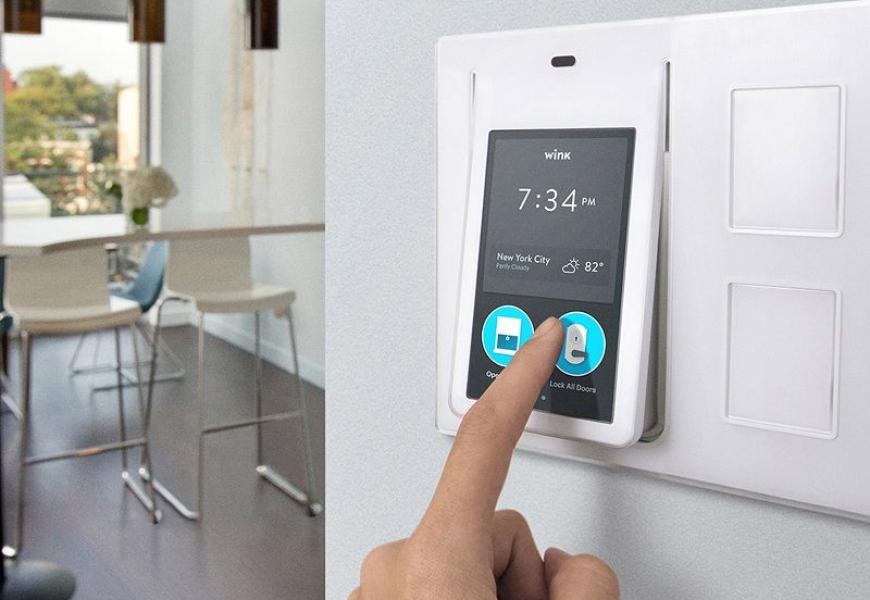Smart homes are internet-connected homes that are controlled using smart devices and mobile apps
Smart homes are internet-connected homes that are controlled using smart devices and mobile apps. These homes allow homeowners to manage various devices and systems in their homes remotely, providing them with more comfort and security.

Benefits of Smart Homes
Smart homes offer many benefits, including:
- Comfort: Smart homes allow homeowners to manage various devices and systems in their homes remotely, providing them with more comfort. For example, homeowners can turn on the lights or adjust the temperature before arriving home, or lock doors or windows when leaving the house.
- Security: Smart homes help protect homeowners from risks such as theft and fires. For example, smart surveillance systems can monitor the house for suspicious activity, and smart alarms can send alerts to homeowners if an issue arises.
- Efficiency: Smart homes can help homeowners save money on energy bills. For example, smart sensors can automatically turn off lights when they are not needed, and smart heating and cooling systems can adjust the temperature automatically according to weather conditions.
- Environment: Smart homes can help homeowners protect the environment. For example, smart sensors can automatically turn off lights when they are not needed, and smart heating and cooling systems can adjust the temperature automatically according to weather conditions.
Future Trends in Smart Homes
With the development of technology, smart homes are expected to become even smarter and more advanced. We are likely to see more smart devices and systems in homes, such as smart sensors and machine learning systems. There will also be more integration between devices and smart systems, making smart homes even easier to use.
Conclusion
Smart homes are an emerging trend that provides more comfort, security, and efficiency. As technology evolves, smart homes are expected to become more widespread in
